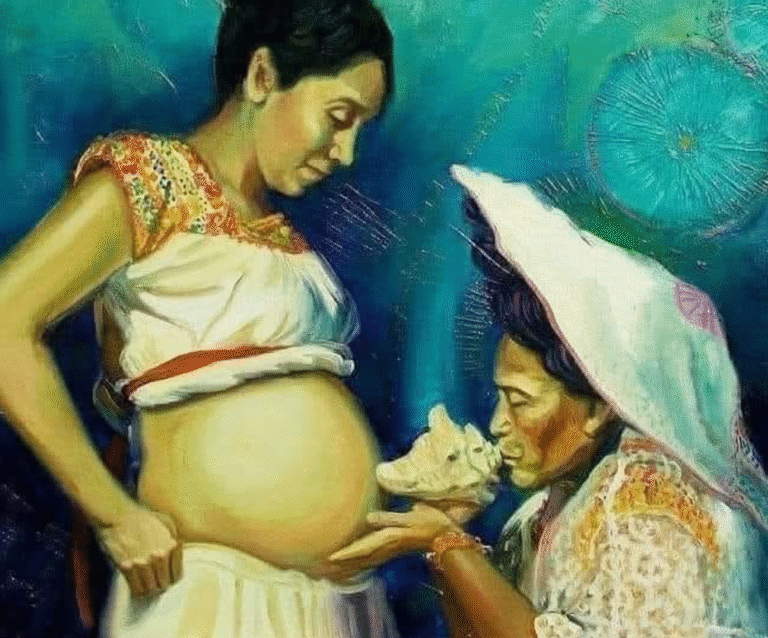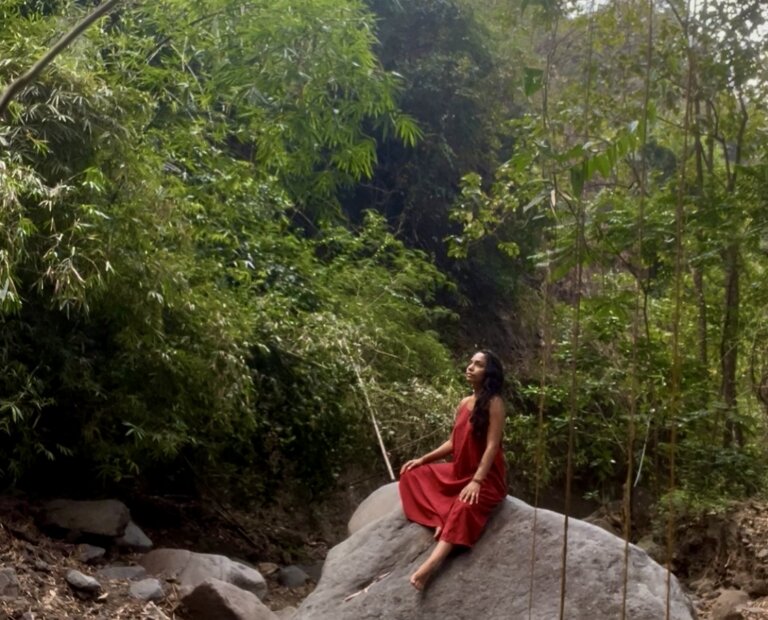The wellness industry, an industry valued in the trillions, has been criticised for its appropriation of Asian traditions and practices.
Many elements that are now staples in wellness routines—such as yoga, meditation, herbal remedies, tea ceremonies, and massage therapies—have deep roots in South and Southeast Asian cultures, where they many of these practices have it’s origins.
These practices were traditionally intertwined with local customs, religions, and philosophies, serving not just as physical exercises or remedies but as spiritual journeys. For instance, mindfulness, yoga and meditation, which have origins in India, are often stripped of their spiritual and cultural significance when marketed in Western wellness spaces, reducing them to mere fitness routines or stress-relief techniques.
Similarly, herbal remedies and massage therapies, such as those found in traditional Chinese medicine or Thai massage, are often commercialized without proper acknowledgment or understanding of their origins and cultural context. This commodification not only undermines the cultural heritage of these practices but also risks diluting their effectiveness, meaning, and often decentralises the traditional practitioners that have honoured these practices for generations.
The appropriation of Southeast Asian influences in the wellness industry raises important questions about the ethics of cultural exchange and the responsibilities of businesses and consumers to honour and respect the traditions they draw from. It calls for a more mindful approach to wellness, one that recognises and appreciates the rich cultural histories behind these practices and ensures that they are represented with integrity and respect.
Countering appropriation involves a conscious effort to respect and preserve the cultural significance of practices, symbols, and traditions. Here are some ways to address appropriation effectively:
- Educate: Understanding the history and cultural significance of a tradition is crucial. This involves learning from authentic sources and voices from the culture itself or that has at least deeply respected and studies that culture; ensuring that you have a comprehensive understanding of how the practices translates.
- Authentic Representation: Whenever possible, seek out and support practitioners, businesses, and creators from the culture. This not only ensures authenticity but also helps sustain the cultural heritage and economy of the community.
- Credit and Origins: Acknowledge the origins of the practices you engage with. This can be through open discussions, crediting cultural sources, or sharing the history and significance with others.
- Cultural Exchange, Not Exploitation: Cultural exchange should be mutual and respectful, involving the sharing of knowledge and practices in a way that honours and benefits the originating culture.
- Advocate for Ethical Practices: Encourage brands and businesses to adopt ethical practices that include proper credit, collaboration with cultural experts, and fair compensation for cultural contributions.
By taking these steps, individuals and businesses can contribute to a more respectful and equitable cultural exchange; rather than the over-done exploitation of these cultures that are divorced from their origins, social dynamics, and current economic situations.











